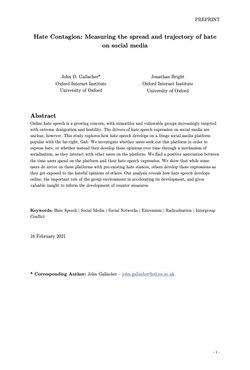By Mary E. Richmond
“The Long View” serves both as a historical document and as a critique of the limitations and challenges facing social work in the early 20th century. The title itself suggests her forward-thinking approach, urging practitioners to consider the long-term effects of their interventions rather than focusing solely on immediate relief. In this sense, the book represents a call for a more holistic and preventive approach to social work rather than a reactive or crisis-driven model. A key strength of her work is Richmond’s insistence on the importance of professionalization in social work. She argues for a rigorous, research-informed approach to casework, emphasizing the need for training, standardization, and ethical responsibility. This argument anticipates later debates in the field about the tension between bureaucratic efficiency and personalized, client-centered care. Richmond’s work in this book also highlights her concern with the social and structural determinants of poverty, distinguishing her from social workers who focus primarily on individual moral failings.
Originally published 1930 Russell Sage Fdn. Read-Me.Org Inc. 2025. 411p.




